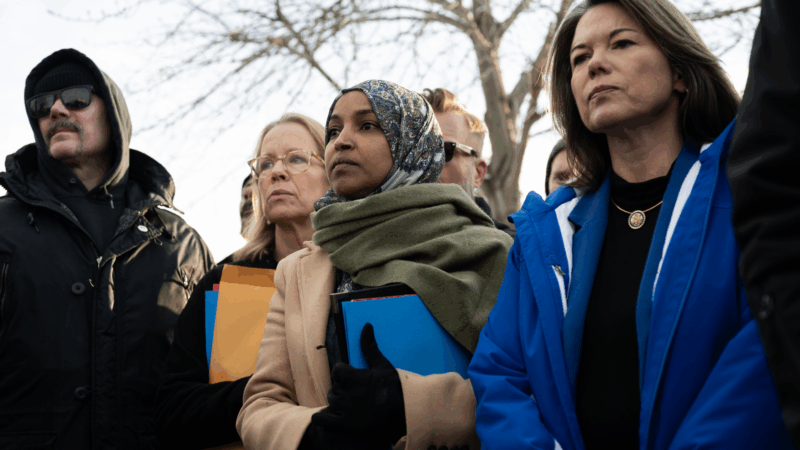What will happen to dance, with a major grant program changing?
It is one of the most coveted grants in the dance world. Today, 20 dance projects from across the country received grants of up to $100,000 each from the National Dance Project (NDP). The grants cover a range of expenses, including fees for both artists and presenters as well as operating support.
They include THE 24/7 DINER, a work blending ballroom and street dance by Brooklyn-based choreographer Courtney “Balenciaga” Washington; Echoing Memories in a Distant Future, an experimental dance performance exploring disability justice by California choreographer Vanessa Hernández Cruz; and Porch Portal Blues, a site-specific work inspired by North Carolina blueswoman Algia Mae Hinton, by Baltimore curator and choreographer Rashida Bumbray.
Today’s news is bittersweet. This is the final round of grants in the project’s current form. Earlier this year, the New England Foundation for the Arts (NEFA), which administers the grant, announced that a lead funder, the Mellon Foundation, would no longer support the grant after this year.

Indira Goodwine-Josias, NEFA’s senior program director of dance, said there will be one more National Dance Project grant cycle in 2026, but “with Mellon shifting and not being able to renew support, it leaves in question the kind of impact we would be able to have.” She said the Doris Duke Foundation plans to continue supporting the project and that details about the final grant cycle will be shared later this year. The Doris Duke Foundation is a financial supporter of NPR.
The Mellon Foundation said in a statement to NPR that it has ended its funding to the National Dance Project “in order to support a wider range of grantees in the dance field.” Mellon also says its support of the performing arts in general has “nearly doubled” in both “the number of grantees and the dollars awarded.”

The National Dance Project was founded in the mid-1990s during the culture wars, said Goodwine-Josias. “At that point there were congressional cuts to programs at the [National Endowment for the Arts] that left a void in the financial support for dance, which of course would then threaten the future of dance and dance touring,” she said.
Choreographer and dancer Kimberly Bartosik recently wrote an essay for Dance magazine about how arts funding is in “free fall.” She said that National Dance Project grants are a milestone for dance artists because they support multiple levels of creativity, from nurturing a first idea to operating support, touring to community engagement.
“Touring in the United States is very, very hard because it’s expensive,” said Bartosik, “and most presenters don’t have money to bring a large group or even a small group to their communities. But touring is so important. We have to have conversations across boundaries.”
Bartosik, who received an NDP grant earlier this year, said dance has never been a big money maker. It often takes lots of grants, commissions and artist residencies to make ends meet. “If we were lucky, we just emerged from the COVID hole. We just dealt with the world going dark for a long time in our performing arts economy.”

Now, with cuts to the NEA and universities, she said the dance ecosystem is more fragile than ever.
“It really is a system of barely threaded together structures. If we take that thread and we break it, that is where free fall exists,” she said.
Jennifer Vanasco edited this story for broadcast and digital.
Arson engulfs Mississippi synagogue, a congregation once bombed by Ku Klux Klan
A suspect is charged with arson in a fire that burned through a synagogue in Mississippi. Flames and smoke destroyed its library, housing Torahs.
DOJ subpoenas Federal Reserve in escalating pressure campaign
The Justice Department has subpoenaed the Fed over chair Jerome Powell's testimony over the central bank's headquarters renovation. Powell calls it part of a pressure campaign over interest rates.
The 2026 Golden Globe awards are Sunday. Here’s how to watch
The 2026 Golden Globes air on Sunday night starting at 8 p.m. ET / 5 p.m. PT.
National Portrait Gallery removes impeachment references next to Trump photo
A new portrait of President Trump is on display at the National Portrait Gallery's "America's Presidents" exhibition. Text accompanying the portrait removes references to Trump's impeachments.
America’s top figure skaters dazzled St. Louis. I left with a new love for the sport.
The U.S. Figure Skating National Championships brought the who's who of the sport to St. Louis. St. Louis Public Radio Visuals Editor Brian Munoz left a new fan of the Olympic sport.
DHS restricts congressional visits to ICE facilities in Minneapolis with new policy
A memo from Homeland Security Secretary Kristi Noem, obtained by NPR, instructs her staff that visits should be requested at least seven days in advance.







